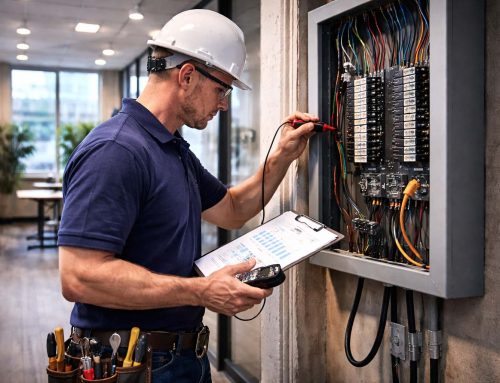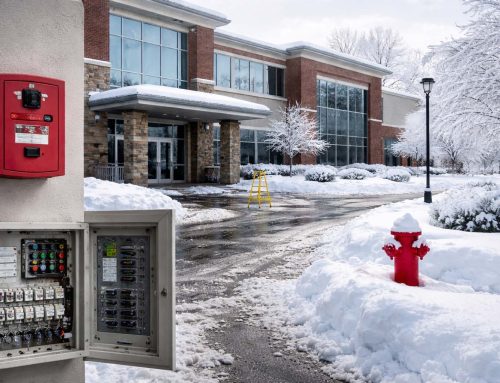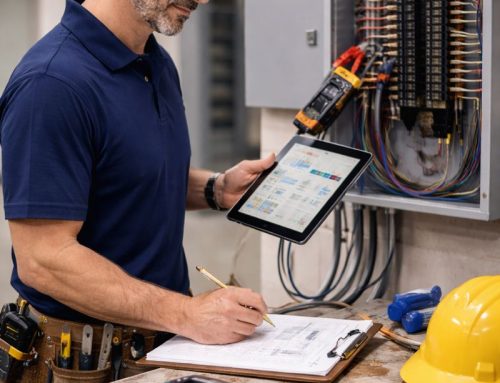As the world moves toward sustainability, energy efficiency in businesses has transitioned from a trend to a necessity. Companies across industries are increasingly adopting energy-efficient practices, not only to reduce operational costs but also to contribute to global environmental goals. But what does the future hold for energy-efficient businesses? Let’s explore the key trends and innovations shaping this future.
1. Integration of Smart Technologies
The future of energy-efficient businesses is deeply intertwined with smart technologies. The Internet of Things (IoT) is revolutionizing how companies manage energy consumption. Smart thermostats, lighting systems, and HVAC units that adjust based on occupancy and usage patterns are just the beginning. Advanced energy management systems (EMS) powered by artificial intelligence (AI) will become more prevalent, allowing businesses to monitor, control, and optimize energy usage in real-time.
2. Renewable Energy Adoption
Renewable energy sources like solar, wind, and geothermal will play a central role in the future of energy-efficient businesses. As technology advances and costs continue to decline, more companies will install on-site renewable energy systems or participate in community-based renewable energy programs. This shift not only reduces reliance on fossil fuels but also provides businesses with more control over their energy sources and costs.
3. Energy Storage Solutions
Energy storage is another key component of the future energy landscape. With the increased adoption of renewable energy, businesses will need efficient storage solutions to manage intermittent energy supply. Advanced battery systems and other energy storage technologies will enable businesses to store excess energy generated during peak production times and use it during periods of high demand or low production. This capability enhances energy reliability and further reduces costs.
4. Decentralized Energy Systems
The future will see a shift toward decentralized energy systems, where businesses generate and manage their own energy rather than relying solely on centralized grids. Microgrids, which can operate independently or in conjunction with the main power grid, will become more common. These systems provide greater resilience against power outages and allow businesses to maintain operations even during grid disruptions.
5. Sustainability as a Business Model
Energy efficiency will be a cornerstone of business sustainability strategies. Consumers and investors are increasingly prioritizing companies that demonstrate a commitment to environmental responsibility. As a result, businesses that embrace energy-efficient practices and technologies will gain a competitive edge. Sustainability reporting and transparency in energy usage will become standard, with companies being held accountable for their environmental impact.
6. Government Regulations and Incentives
Government regulations and incentives will continue to drive the adoption of energy-efficient practices. Stricter energy efficiency standards and carbon reduction targets will push businesses to invest in energy-efficient technologies. Simultaneously, incentives such as tax credits, grants, and rebates will encourage companies to make the transition. Staying ahead of these regulations will be crucial for businesses looking to remain competitive in the future.
7. Collaboration and Innovation
The future of energy efficiency will be marked by collaboration and innovation across industries. Businesses, governments, and research institutions will work together to develop and implement new technologies and practices. This collaborative approach will accelerate the adoption of energy-efficient solutions and drive continuous improvement in sustainability efforts.
Conclusion
The future of energy-efficient businesses is bright, driven by technological advancements, renewable energy adoption, and a growing emphasis on sustainability. Companies that embrace these changes and invest in energy-efficient practices will not only reduce their environmental impact but also position themselves for long-term success. As the landscape continues to evolve, energy efficiency will become a defining factor in the business world, shaping how companies operate, compete, and thrive in the years to come.





